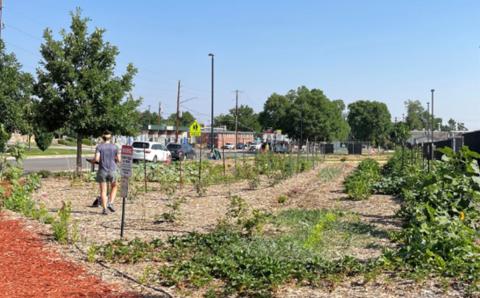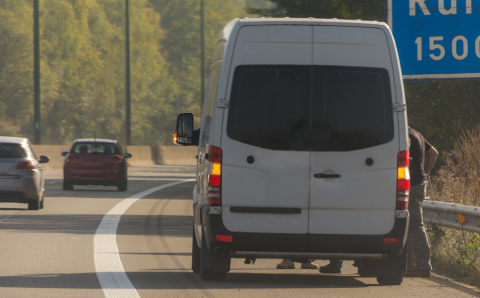Am I Morally Obligated to Vote?
It is election season in the United States. Many Christians know whom they are going to vote for. Others feel torn, viewing the choice as between the lesser of two evils. And some simply want to sit the election out. Yet we are constantly told that voting is our civic duty. Is this true? And if voting is a civic duty, is it also a moral duty?
I believe that as Christians we have a general obligation to vote, but this obligation is not absolute. In Romans 13:7-8, Paul writes, “Give to everyone what you owe them: If you owe taxes, pay taxes; if revenue, then revenue; if respect, then respect; if honor, then honor. Let no doubt remain outstanding, except the continuing debt to love one another, for whoever loves others has fulfilled the law.”
What Paul is teaching us is that the obligations of citizenship arise from our obligation to love our neighbors. When a community holds an election, it is calling citizens to serve one another by choosing wise and just leaders. The more citizens refuse to do so, the more a popular vote lacks integrity. In other words, our neighbors need us. They need us to vote thoughtfully, wisely, and in a way that promotes justice and the common good. To decline this call is to refuse to bear our common burdens. In that sense, it is a failure to love.
However, sometimes love requires that we not vote. For instance, if the only candidates on the ballot for a particular office are likely to govern unjustly, the only ways to signal our opposition to such a choice are by writing in a candidate or declining to vote. We might also abstain if we have not had the opportunity to determine which candidate would be best for a position or whether a particular ballot initiative would be wise or not. Love demands that we vote wisely, not simply that we vote.
As Paul exhorts us in Galatians 6:10, “as we have opportunity, let us do good to all people.” Insofar as voting is such an opportunity, we should do it.
About the Author
Matthew J. Tuininga is professor of Christian ethics and the history of Christianity at Calvin Theological Seminary. He lives in Wyoming, Mich.








